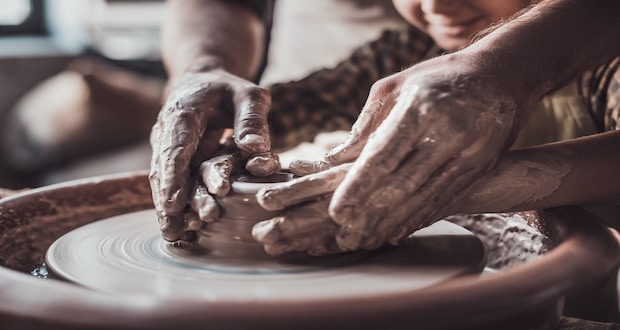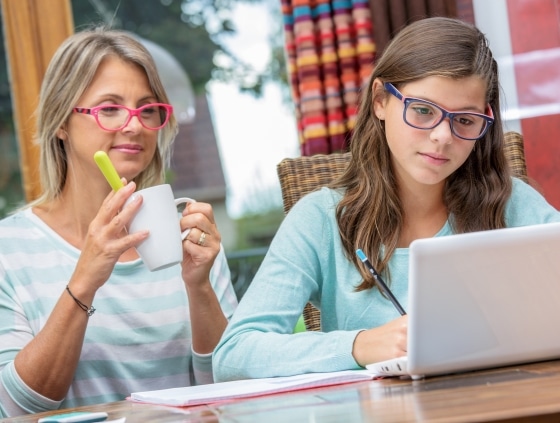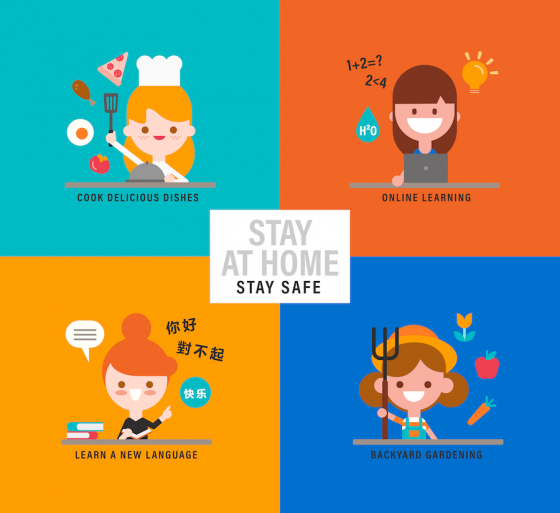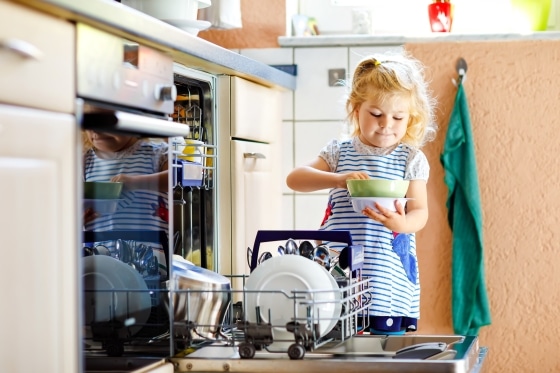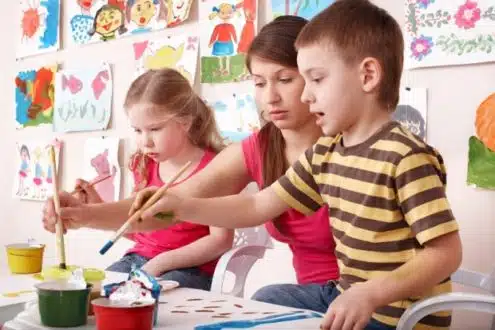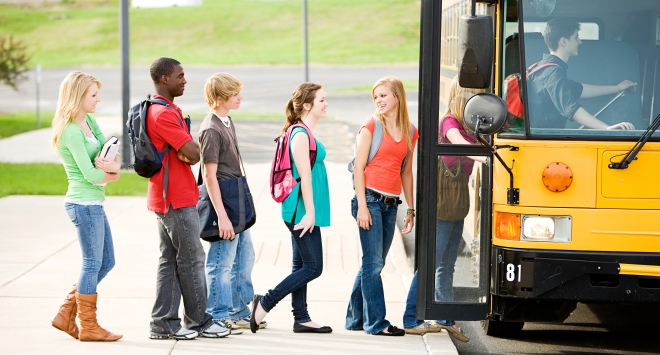How To Supplement Your Child’s Education During Covid-19
Many children may be out of school physically but are still doing some of their school work at home via an online classroom, such as Google, Zoom, or Facebook. School districts have had to get creative in how they deliver lessons.
States have been working with local agencies to manage the reopening of schools in districts across the US, and their biggest hurdle so far has been the strength of the teachers’ unions.
The result provided only review materials of what was already learned for the remainder of this school year. If you’d like to challenge your child a bit more, here are some ideas for supplementing your child’s education during Covid-19 and keeping their minds active during the pandemic.
1. Read to Your Child Daily
The benefits of reading to your children are well documented. Reading aloud to your children strengthens their ability for visual imagery, comprehension, and word meaning.
Also, reading is an easy task to fit into your day. If you’re home with your children, you can read to them in the morning or after lunch.
If you’re away all day, you can read after dinner or before bed. Making sure to read to them at least a few nights a week will aid in their brain development and help them perform like rockstars when they go back to school.
2. Look into Personalized Learning
For grades K-8, programs like i-Ready provide personalized instruction tailored to your child’s ability. The i-Ready math and reading curriculum helps all children get to grade-level and beyond.
And finding the correct i-Ready answers will challenge your children to think through problems that help them better understand the material. This is an excellent tool for the parent who wants to make sure their child stays on-level at the end of the school year and through the summer.
3. Learning Field Trips
Getting out and exploring will satisfy your child’s curious mind while teaching them valuable history and information. Every community has science museums, art museums, and history museums within driving distance.
However, due to social distancing, many of these destinations may be temporarily closed. Yet, many are offering the ability for virtual visits. Check out their websites and see what exciting things you can learn without a physical visit.
Something as simple as hiking can also provide an opportunity for learning about flora and fauna found in nature. You can make a game of it by having a checklist of things to find and seeing who can complete the list first.
4. Let Them Help at Home and Work
Whether you’re cooking or working on a work project, you can enlist the help of your child. If they’re older, it will be easier to find a task that matches their ability, but never underestimate the younger child.
Letting a young child help you back can teach them new math skills when you allow them to measure the ingredients. Letting them file and label your paperwork will teach them organizational skills.
Allowing them to perform these essential tasks will also boost their confidence and provide valuable bonding time.
5. Learn a New Skill
While school is out, your child likely has a lot more free time on his or her hands. This is a great time to teach your child a new hobby or skill. Perhaps you or your significant other is a talented musician or artist.
Why not pass your knowledge on to your child? Whatever their age, they’re never too young or old to learn something about your unique ability.
Even if you aren’t a musician, there are many apps and videos that can teach guitar or piano. An arts education is an integral part of your child’s creative development. Later in life, creativity will lead to success.
Did you know studies have shown people who garden have much lower stress levels and are generally happier people? While gardening is great for your own physical and mental well being, gardening can be a great activity you can do to spend time with the kids. Click here to learn more.

